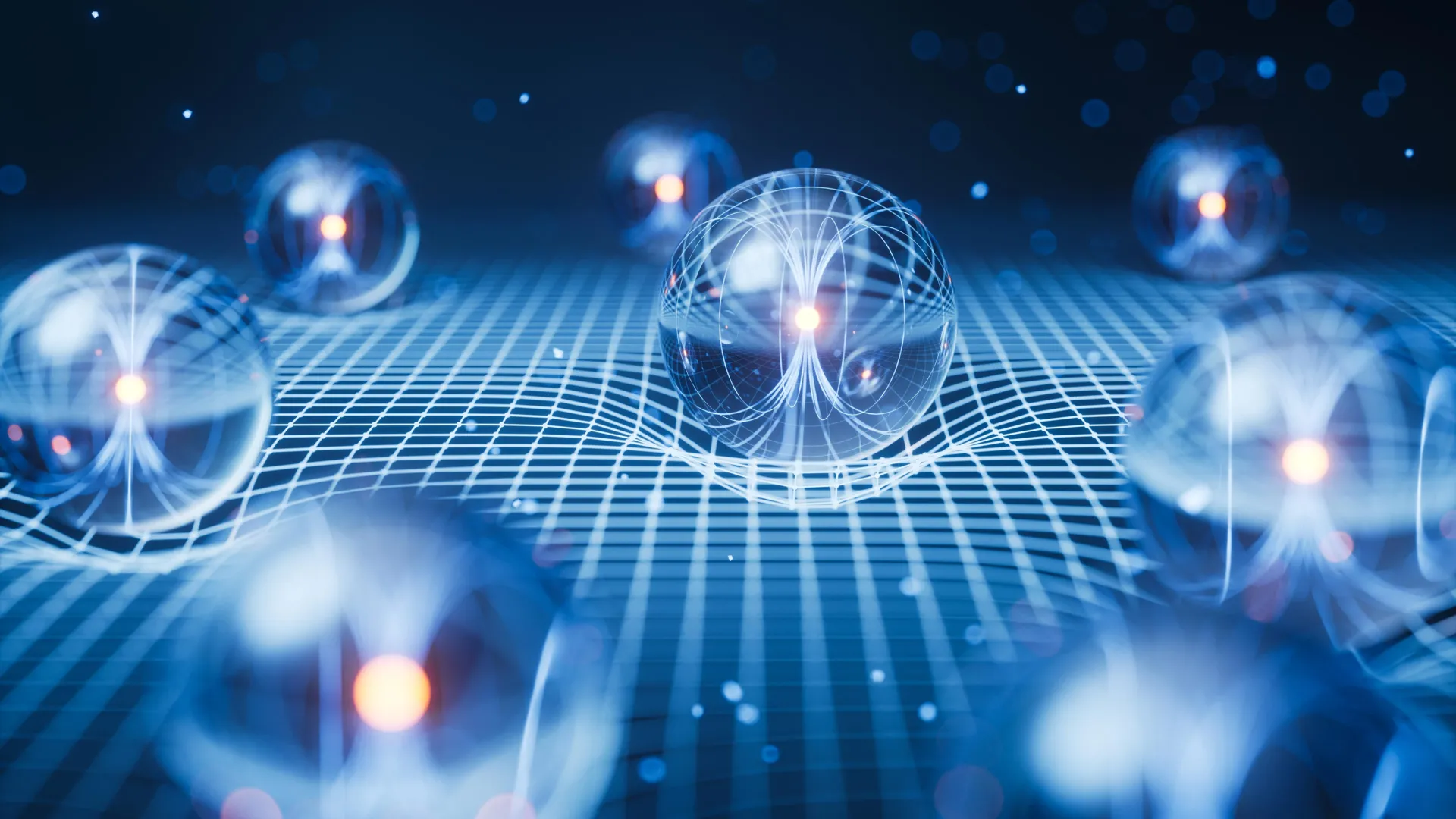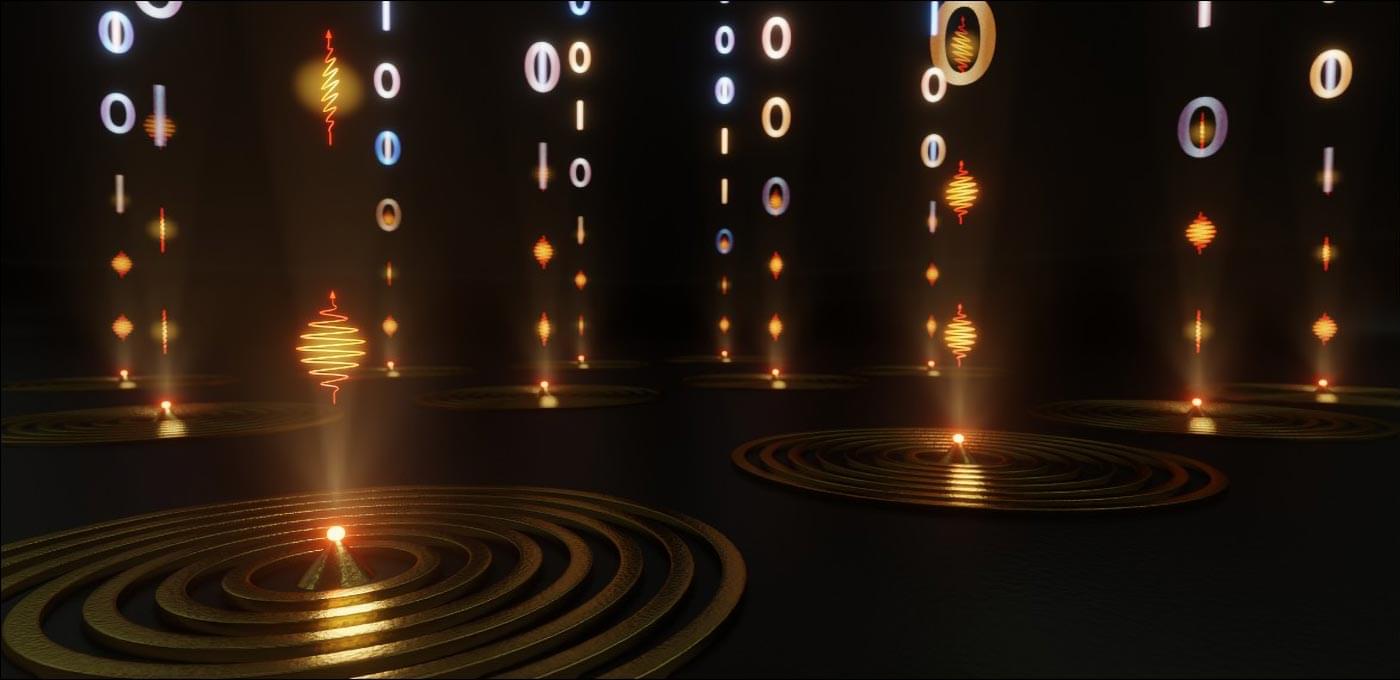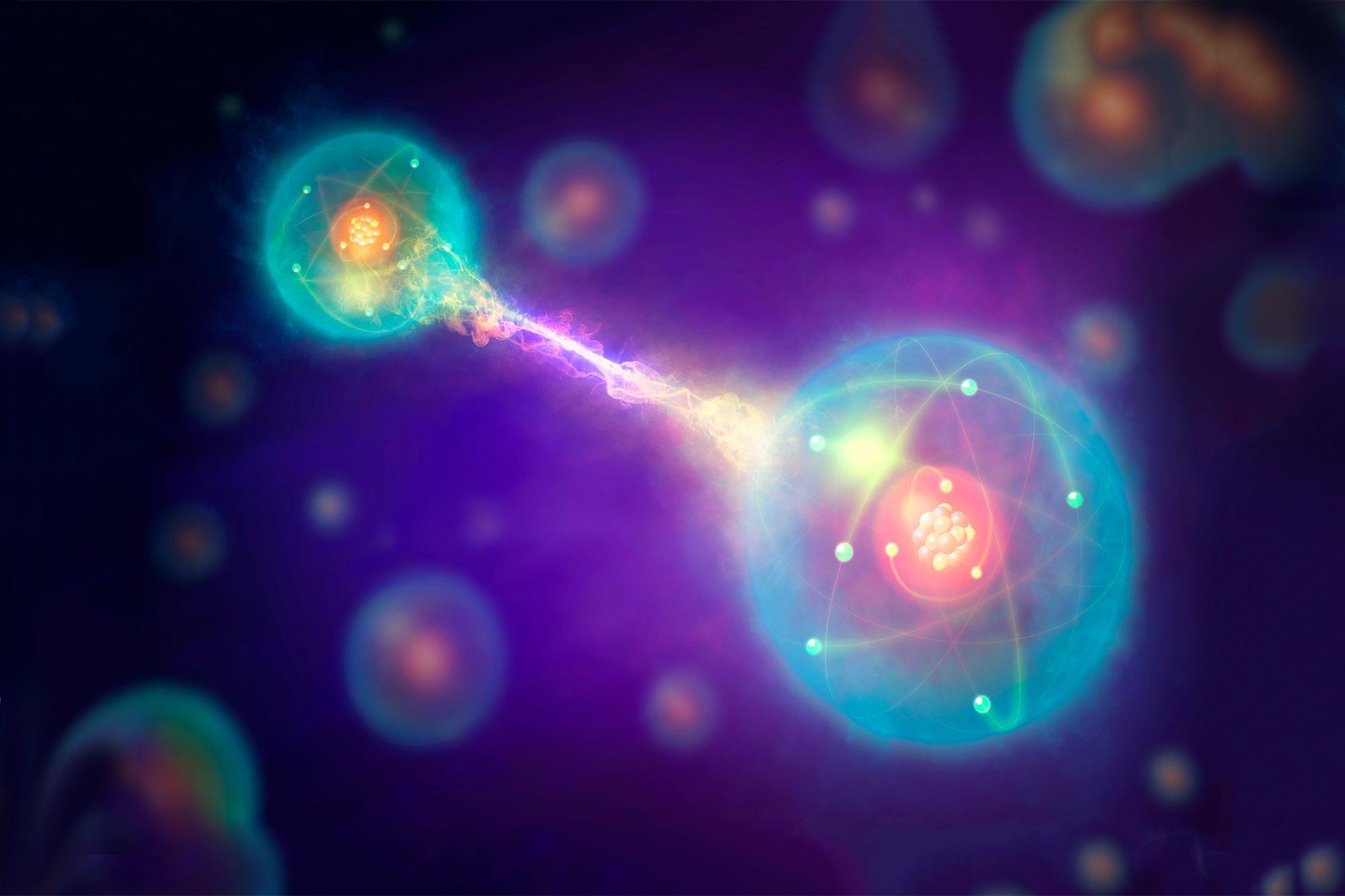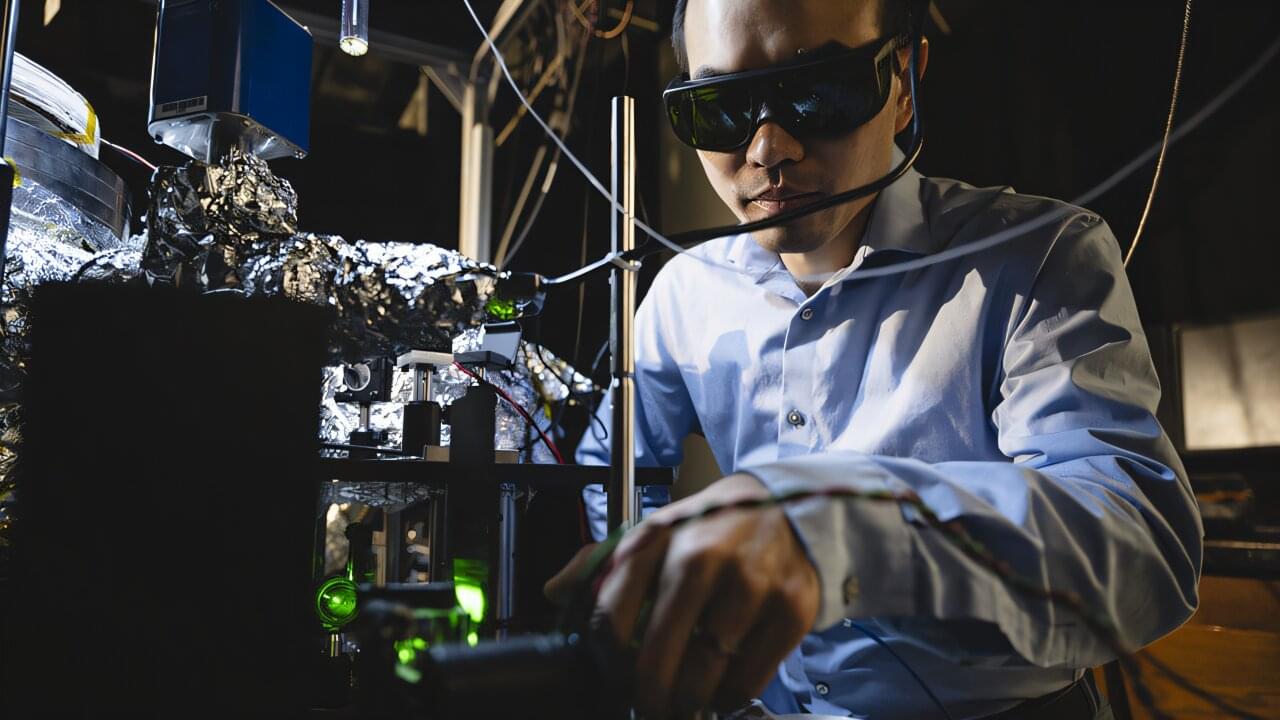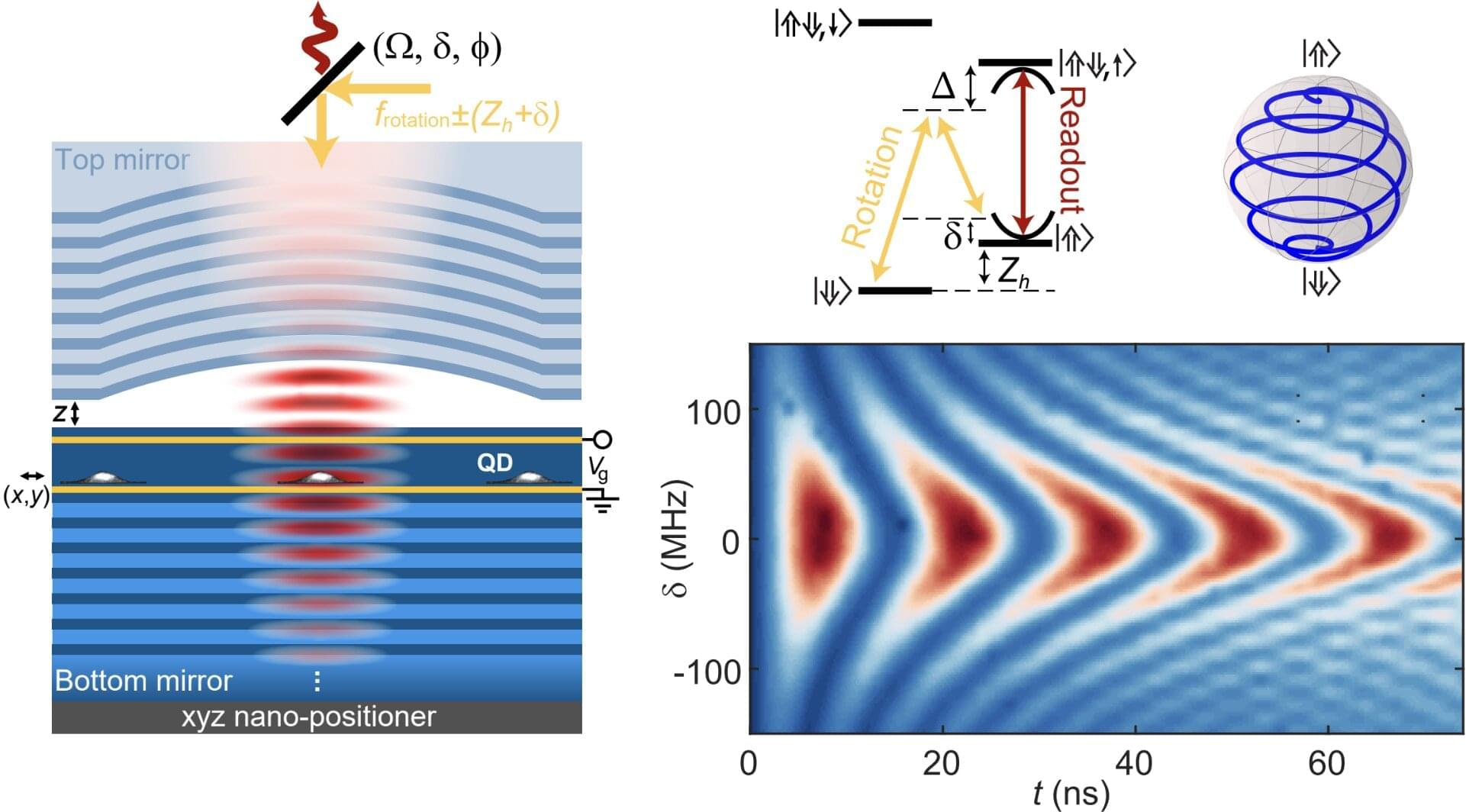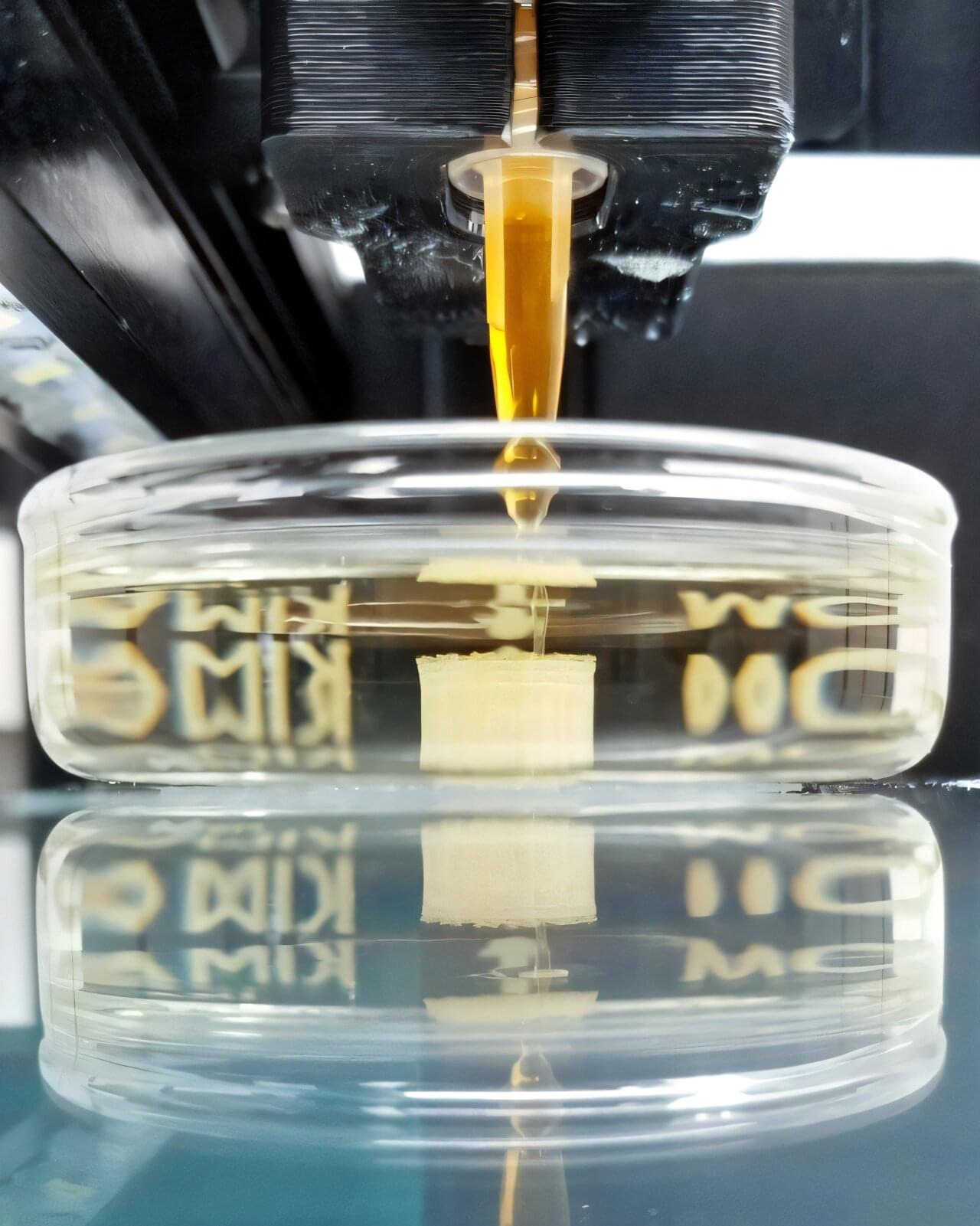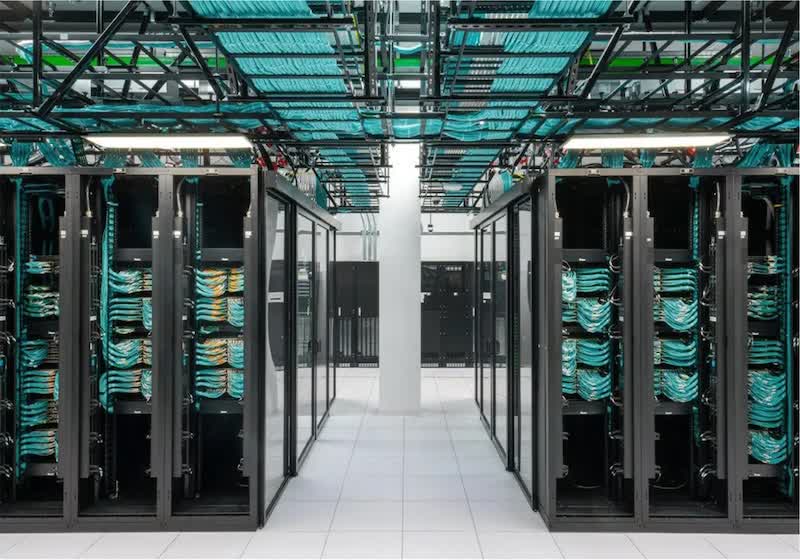The internet, social media, and digital technologies have completely transformed the way we establish commercial, personal and professional relationships. At its core, this society relies on the exchange of information that is expressed in terms of bits. This basic unit of information can be either a 0 or a 1, and it is usually represented in electrical circuits, for instance, as two voltage levels (one representing the bit in state 0 and the other representing state 1).
The ability to store and manipulate bits efficiently lays the basis of digital electronics and enables modern devices to perform a variety of tasks, ranging from sending emails and playing music to numerical simulations. These processes are only possible thanks to key hardware components like random-access memory (RAM), which offer temporary storage and on-demand retrieval of data.
In parallel, advances in quantum physics have led to a new kind of information unit: the qubit. Unlike classical bits, which are strictly 0 or 1, qubits can exist in a superposition of both states at once. This opens up new possibilities for processing and storing information, although its practical implications are still being explored.
